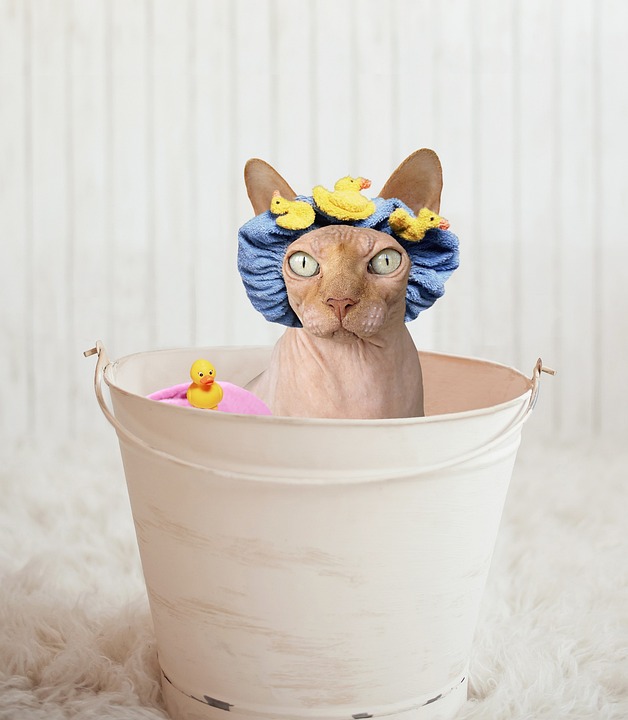Proper nutrition is essential for the health and well-being of our feline companions. As responsible cat owners, it is our duty to provide them with a balanced and nutritious diet. In this comprehensive guide, we will explore the importance of proper nutrition for cats, the essential nutrients they need, and how to choose the right cat food. We will also tackle common misconceptions about feline nutrition and answer frequently asked questions.
Understanding the Nutritional Needs of Cats:
Cats are obligate carnivores, which means they have unique dietary requirements. They require a diet that is high in animal-based proteins, fats, and minimal carbohydrates. Unlike humans and some other animals, cats cannot produce certain essential nutrients on their own and must obtain them from their diet. These essential nutrients include proteins, fats, carbohydrates, vitamins, minerals, and water.
Water is often overlooked as a nutrient, but it is crucial for cats’ overall health. Cats have a low thirst drive, which makes them prone to dehydration. Providing fresh and clean water is essential to keep them hydrated.
The Benefits of Proper Nutrition for Cats:
Proper nutrition has numerous benefits for cats. It promotes optimal growth and development, enhances immune system function, maintains a healthy weight, improves skin and coat health, and prevents common feline health issues. A balanced diet helps cats maintain their energy levels, supports their immune system, and keeps their coat shiny and healthy. It also reduces the risk of developing obesity, diabetes, and other health problems.
Choosing the Right Cat Food:
Choosing the right cat food is crucial for meeting your cat’s nutritional needs. Decoding cat food labels and understanding the ingredients list is essential. Look for high-quality animal-based proteins as the main ingredient. Wet and dry cat food both have their advantages, and the choice depends on your cat’s preferences and needs. Consider your cat’s life stage and any special dietary needs they may have, such as weight management or specific health conditions. It is also important to take into account your cat’s individual preferences and tolerance when selecting their food.
Debunking Common Myths and Misconceptions:
There are several myths and misconceptions surrounding feline nutrition. It is crucial to debunk these myths to ensure that cats receive proper nutrition. Cats cannot thrive on a vegetarian or vegan diet as they require animal-based proteins. While raw food diets can have benefits, they are not always superior to commercial cat food. Homemade diets can be challenging to balance and may not provide all the necessary nutrients. Cats should have controlled portions and not unlimited access to food to maintain a healthy weight.
Frequently Asked Questions (FAQs):
The guide also addresses frequently asked questions about cat nutrition, including signs of poor nutrition, feeding frequency, vegetarian diets, grain-free diets, supplements, homemade cat food, weight loss strategies, toxic human foods, wet vs. dry diets, and transitioning to new food types.
Conclusion:
Proper nutrition is vital for the health and well-being of our cats. By understanding their unique nutritional needs and providing a balanced diet, we can ensure they live a long and happy life. Consulting with a veterinarian for personalized dietary recommendations is essential, as they can provide guidance based on your cat’s specific needs and address any health concerns. With proper nutrition, our feline companions can thrive and enjoy optimal health.








